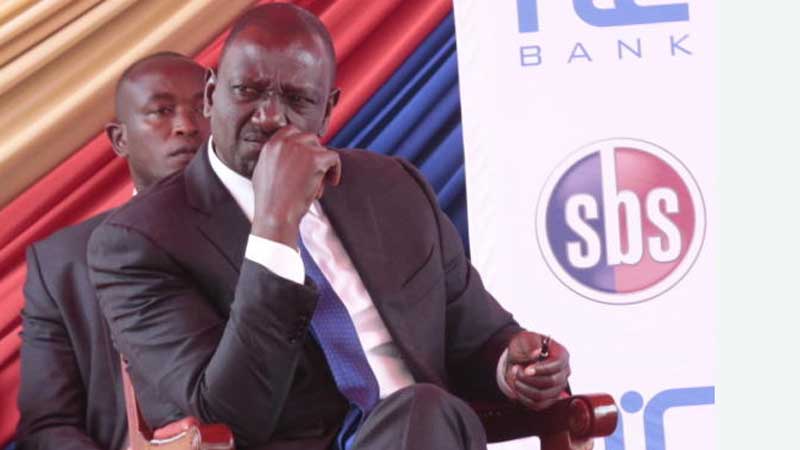×
The Standard e-Paper
Smart Minds Choose Us

Last week, I argued that elite interests are behind the push for a referendum. And that Uhuru Kenyatta and Raila Odinga are working to keep the lions (the political ‘nobility’) in perpetual circulation to lock out the foxes (dynasties in waiting, currently represented by William Ruto).
Implied in this argument is that if Uhuru and Raila’s ‘self-preservation’ plans succeed, Ruto is ‘finished’.